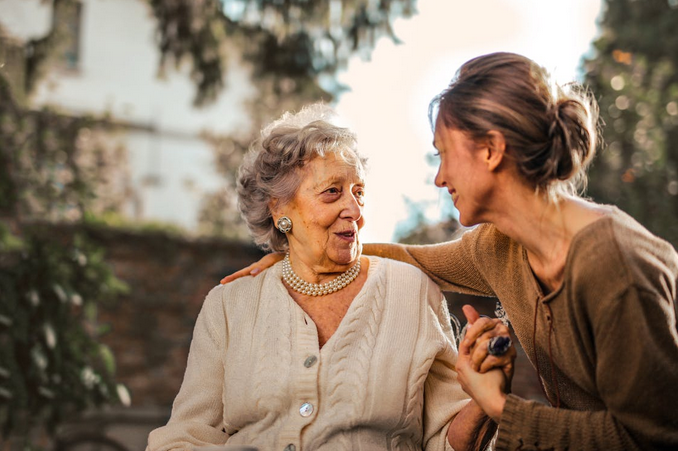Empowering Independence: Ways Caregivers Can Foster Active Aging in Seniors
As individuals age, maintaining independence becomes an essential aspect of their quality of life. For caregivers, whether family members or professionals, fostering a sense of autonomy in seniors is not just about meeting their physical needs—it’s about promoting emotional well-being and cognitive health as well. Active aging allows seniors to remain engaged, confident, and purposeful in their daily routines. Caregivers play a crucial role in empowering older adults to stay active and independent while ensuring their safety and comfort. In this article, we’ll explore effective strategies caregivers can implement to help seniors enjoy a fulfilling life, remain physically active, and nurture a sense of independence, regardless of their age or health challenges.
Encourage Physical Activity

One of the most important factors in active aging is regular physical activity. Caregivers can introduce seniors to simple exercises such as walking, stretching, or light strength training. Activities like gardening, swimming, or yoga not only improve mobility and strength but also enhance mood and mental clarity. It’s essential to adapt exercises to the individual’s abilities to prevent injury while encouraging consistency. Even 30 minutes of daily movement can significantly improve their overall health, fostering a greater sense of independence and vitality.
Promote Social Engagement
Social engagement has an essential role in maintaining emotional and cognitive well-being in seniors. Caregivers need to encourage seniors to participate in social events, whether through community centers, clubs, or family gatherings. Activities like book clubs, hobby groups, or volunteering opportunities can provide a sense of purpose and belonging. Technology …

